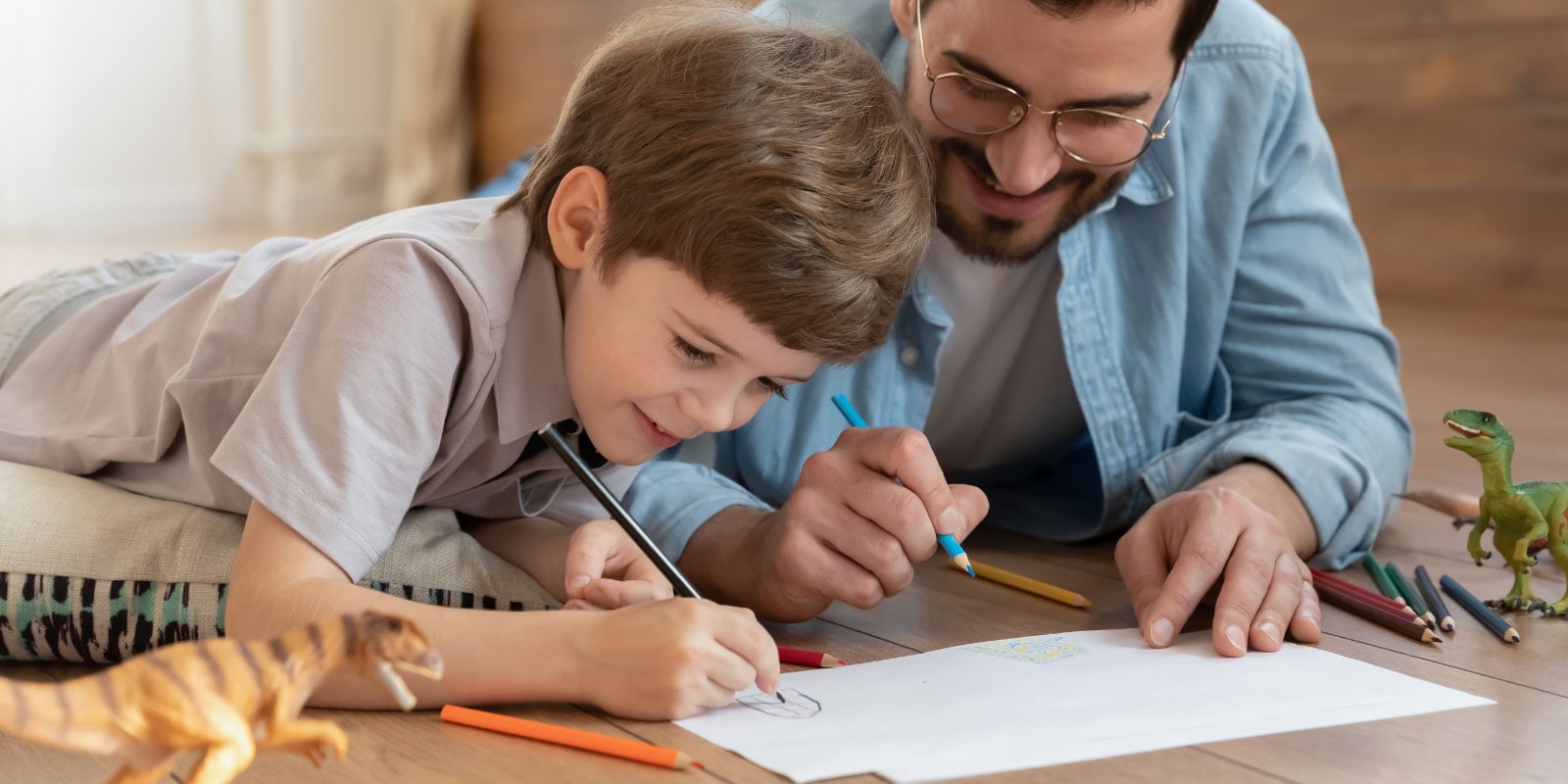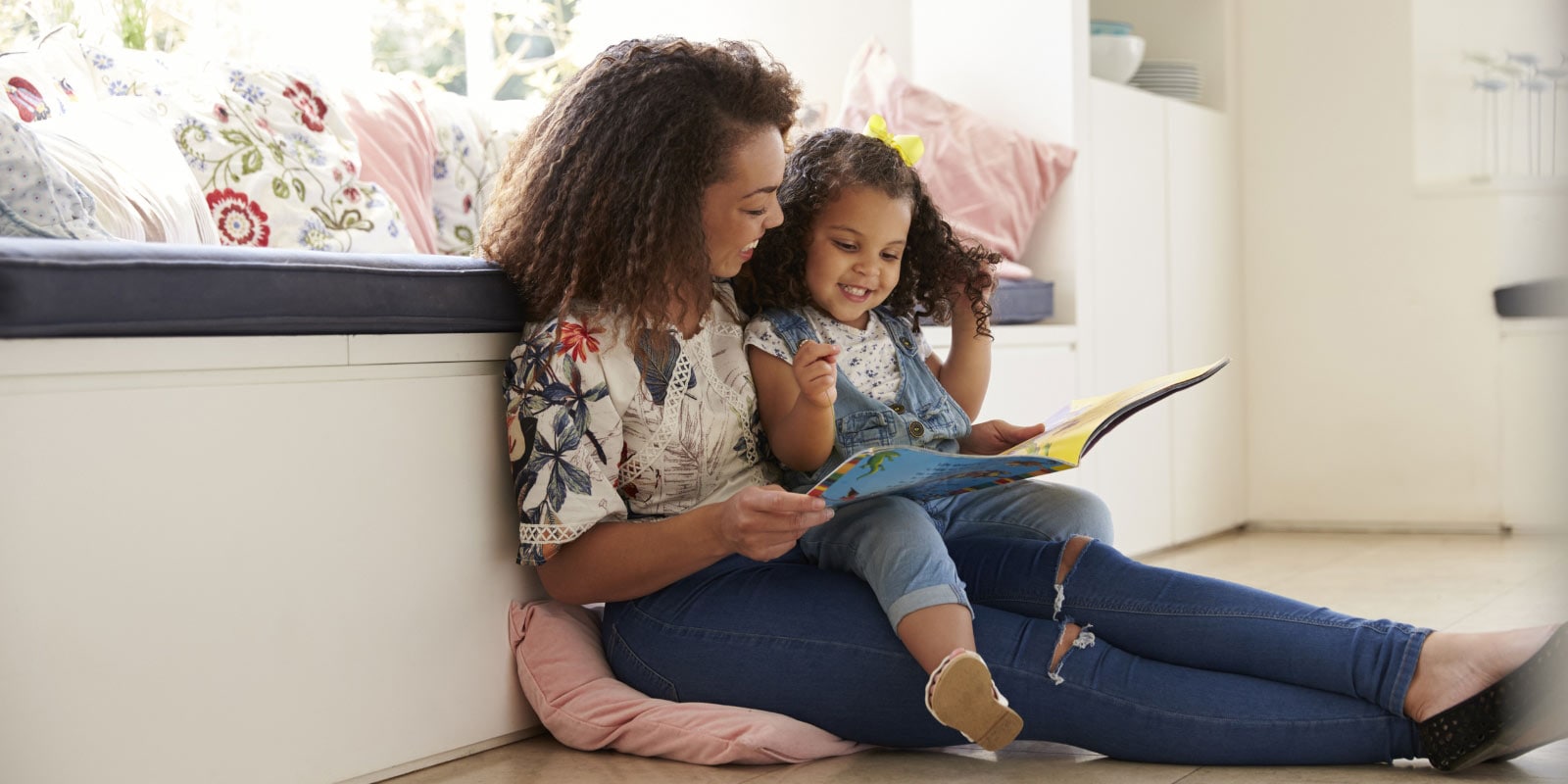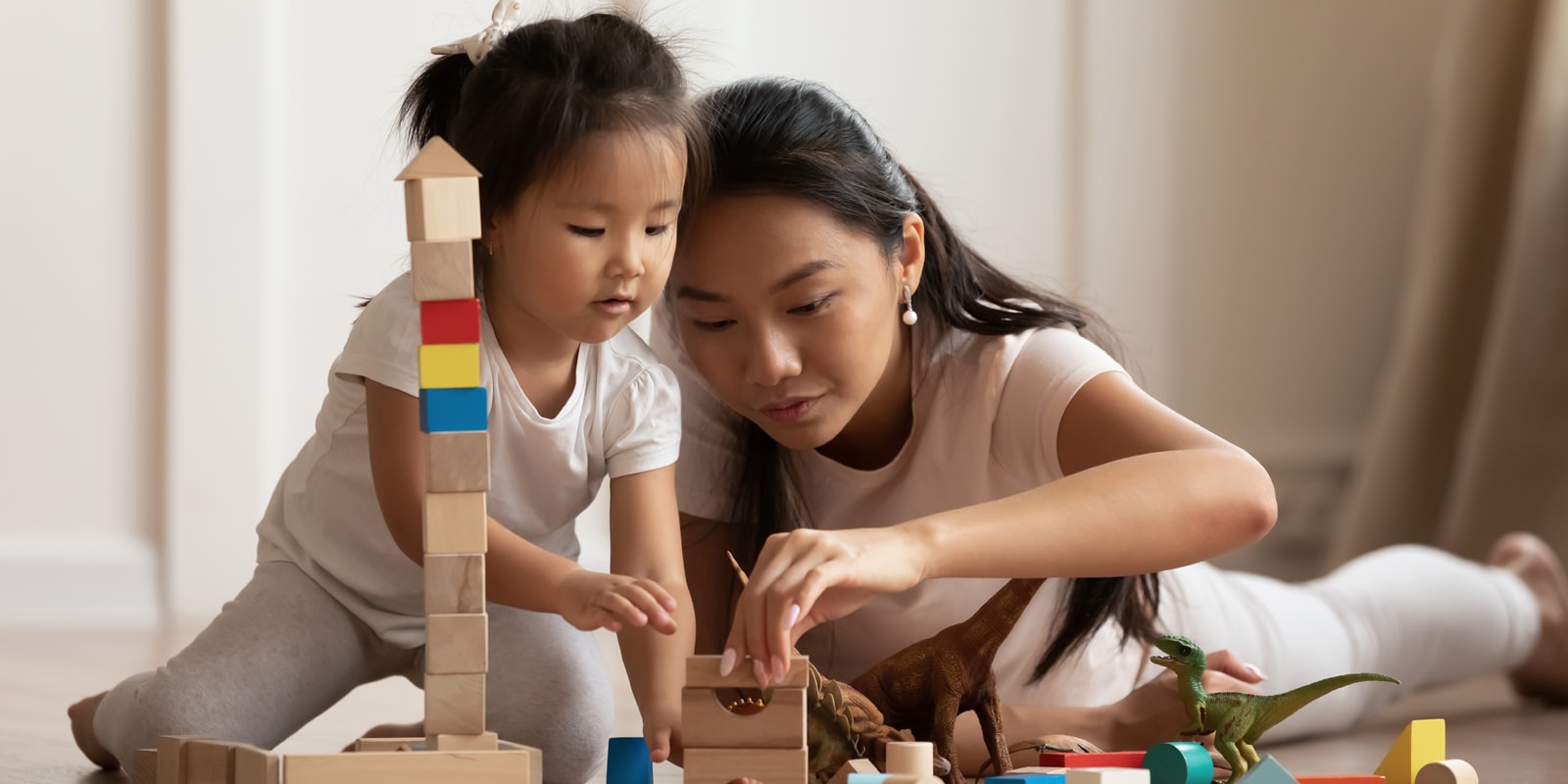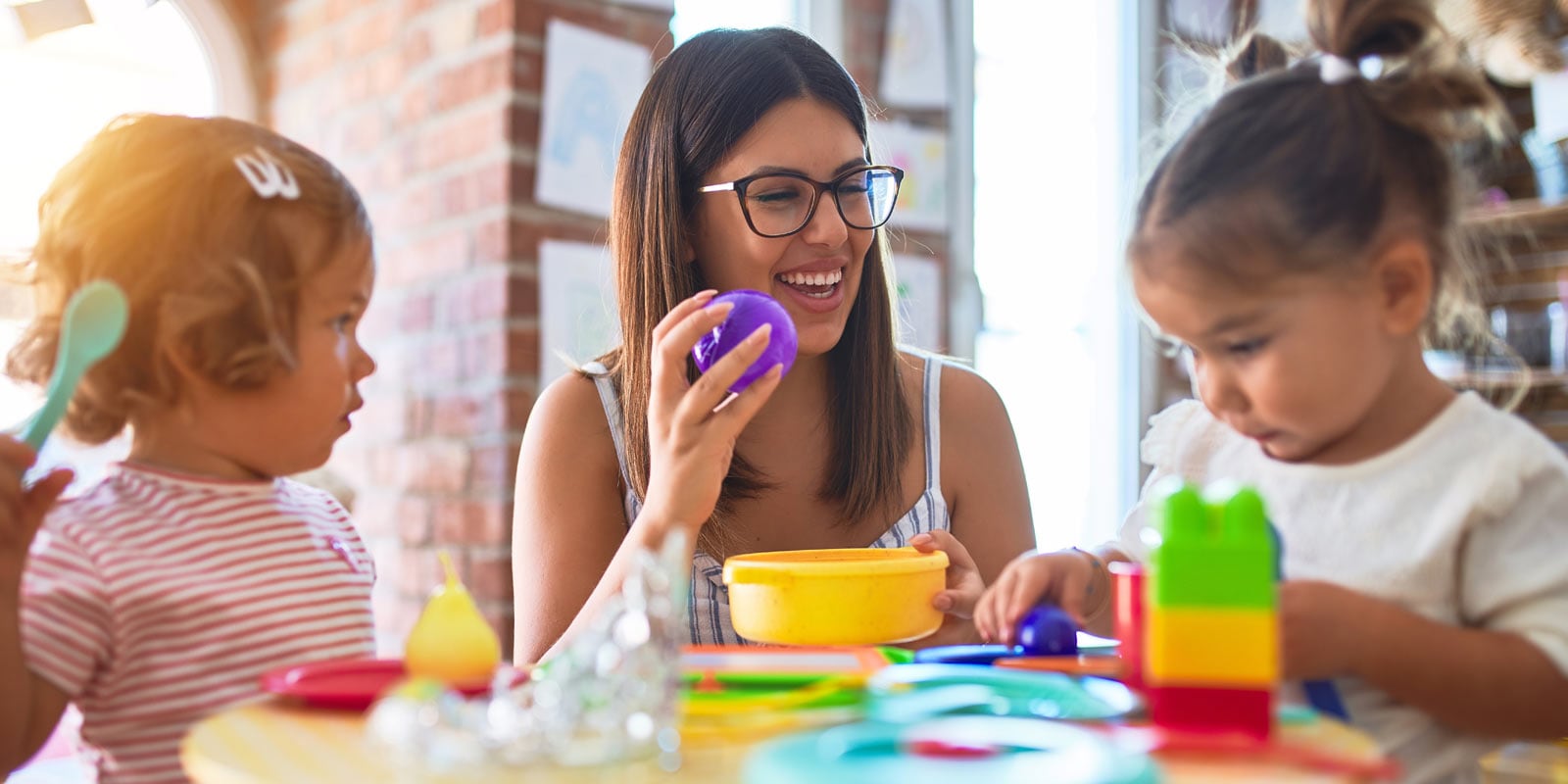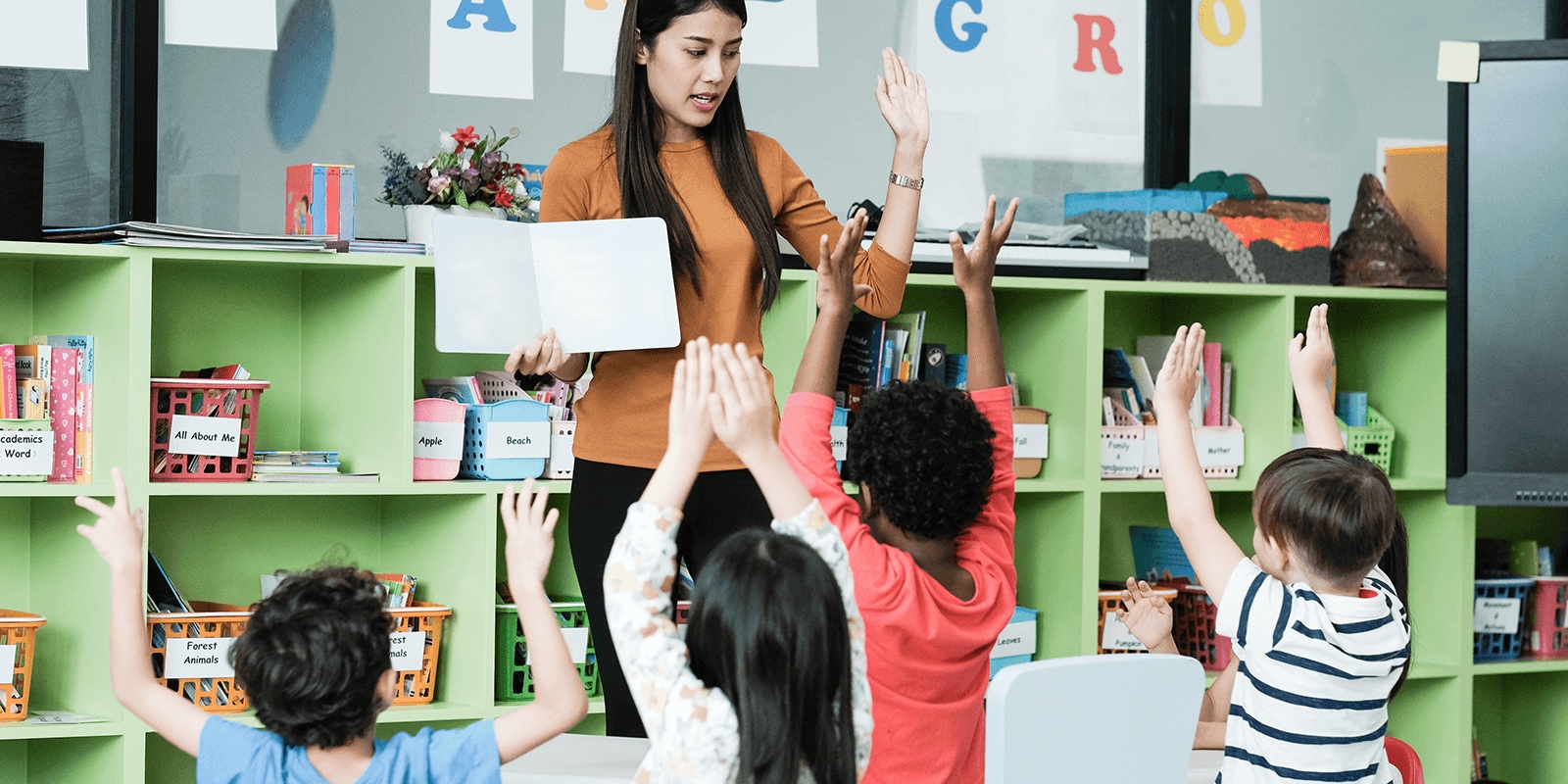The 2025 Research Call is open for submissions!
by

We are proud to announce the new Call for Research published by Pearson Clinical Assessment. Our goal is to ensure that Pearson assessments comply with the highest standards of quality and support research that investigates the validity or efficacy of our products. We are inviting United States-based faculty members, graduate students, and qualified researchers to submit their proposals no later than August 15, 2025.
Read more
